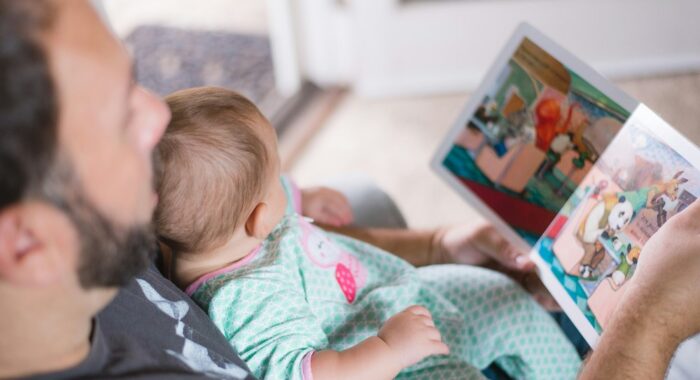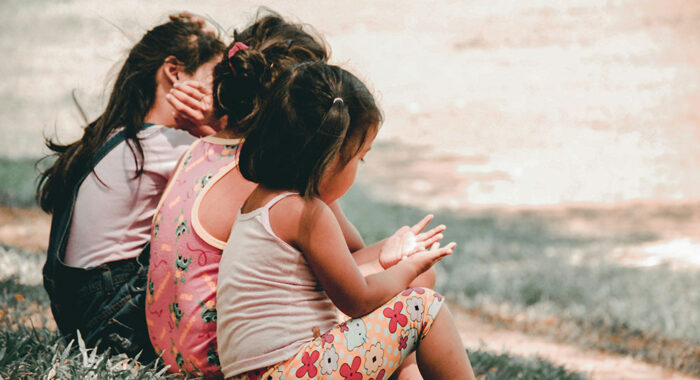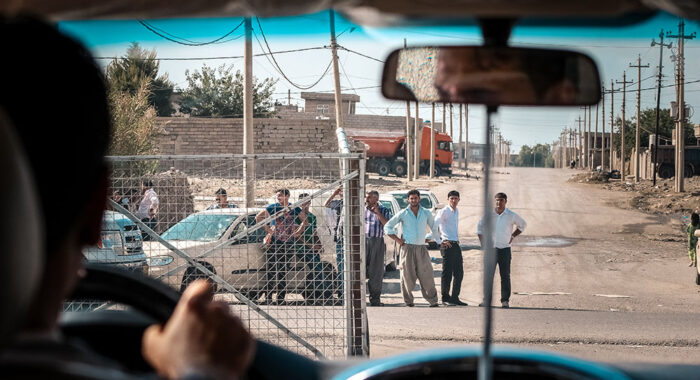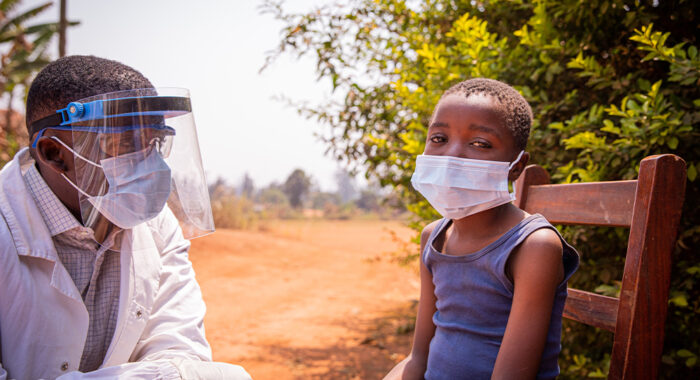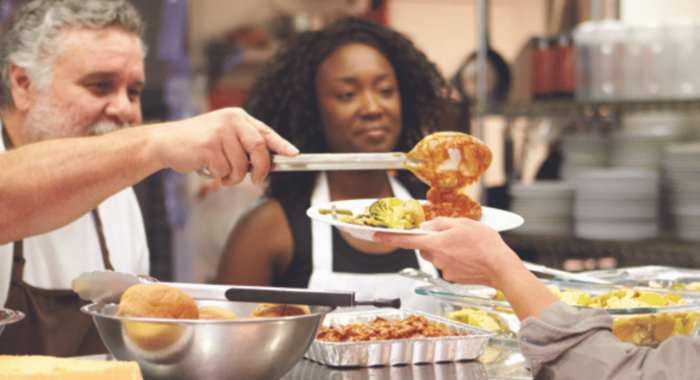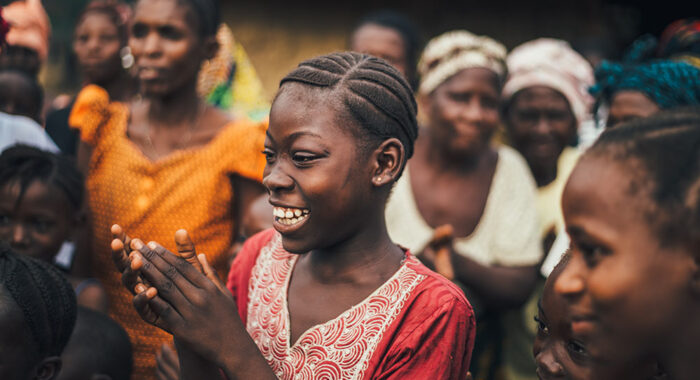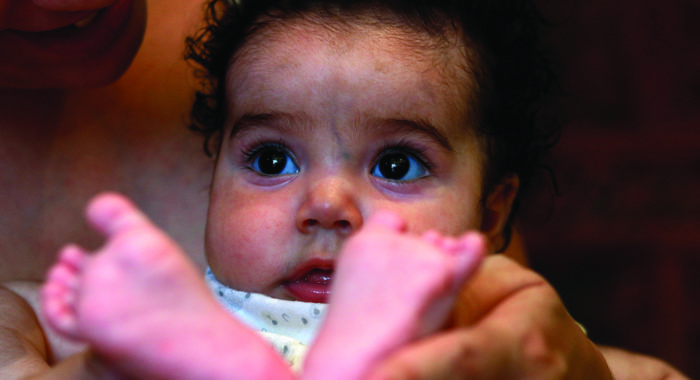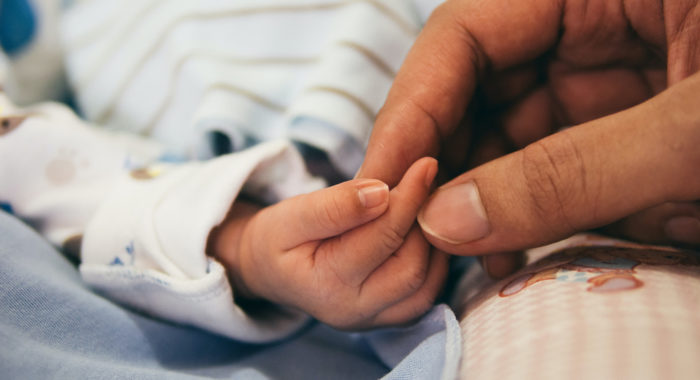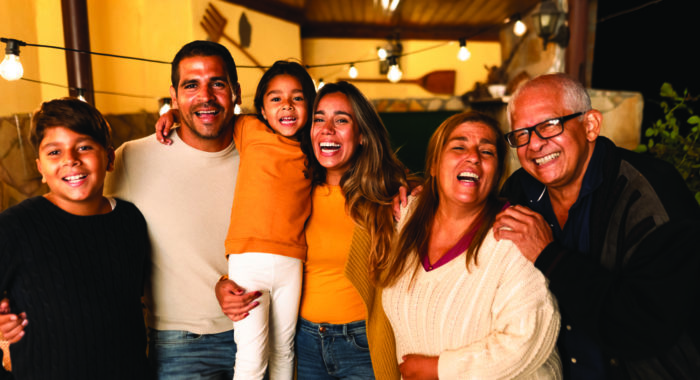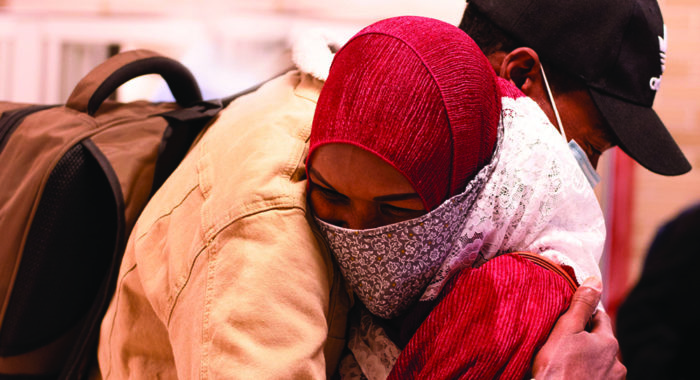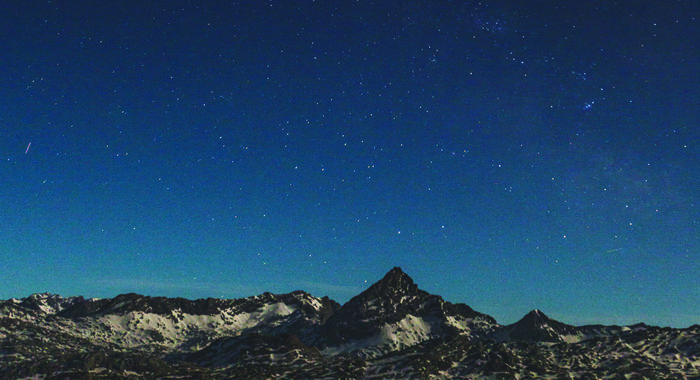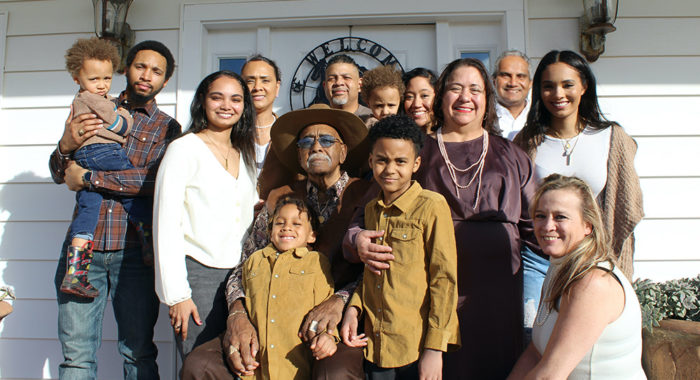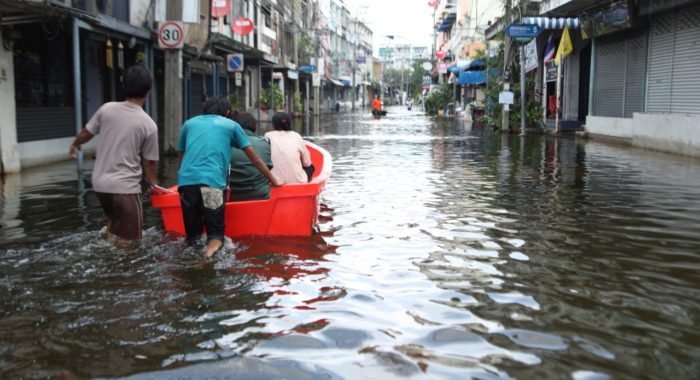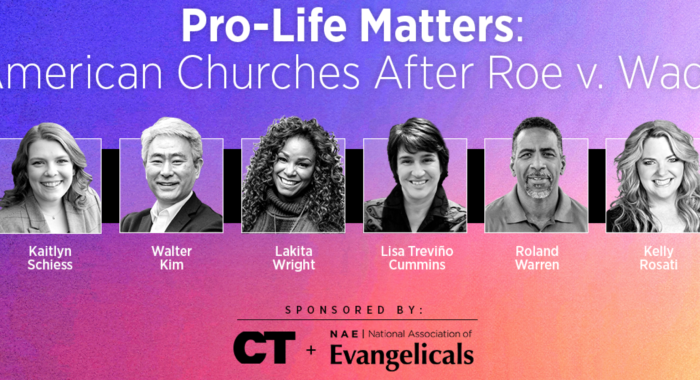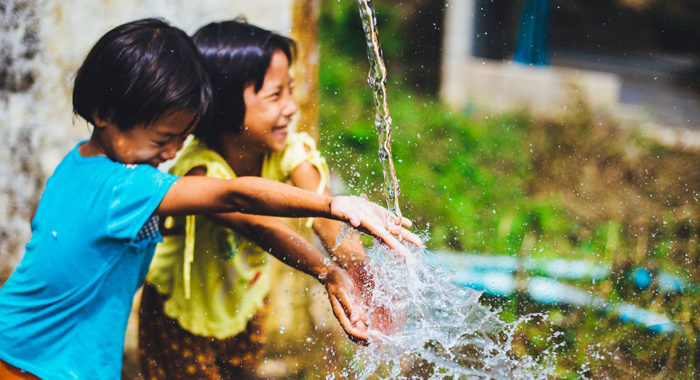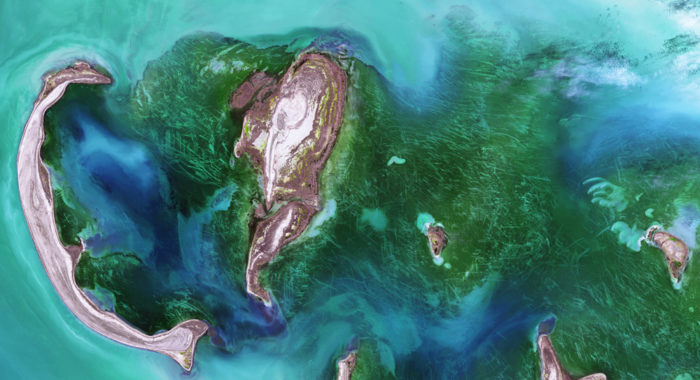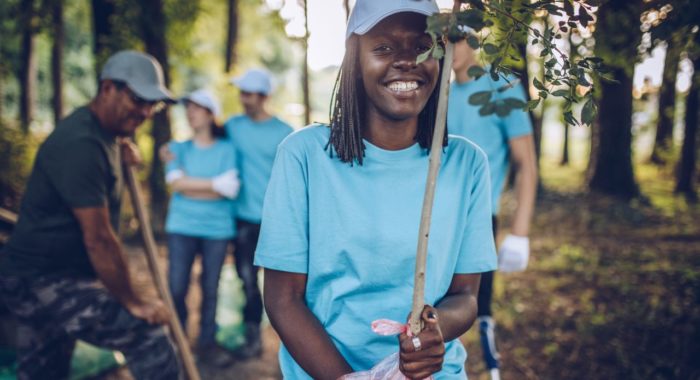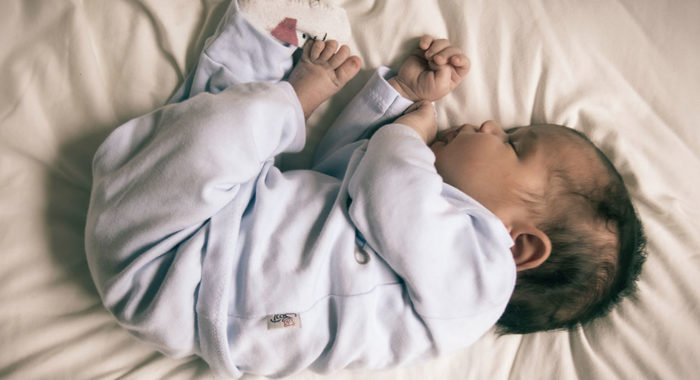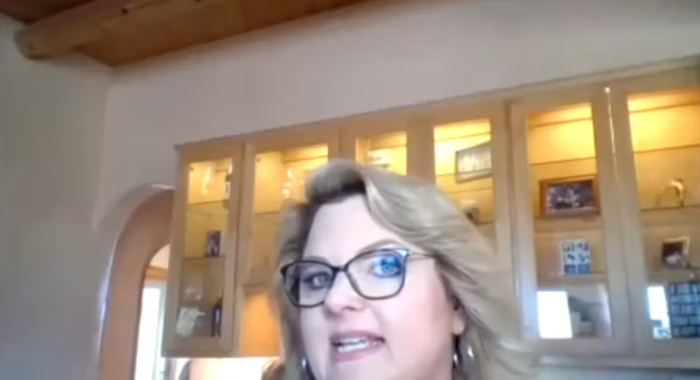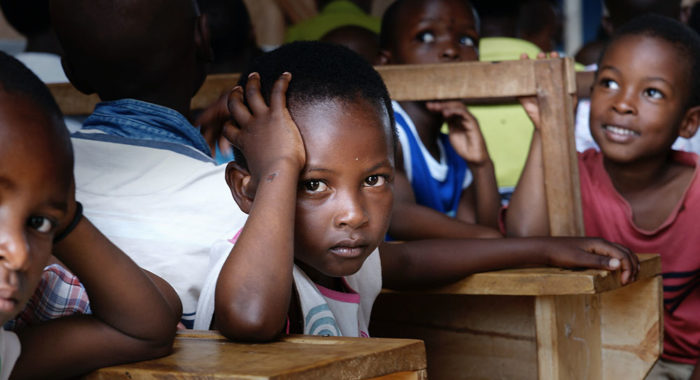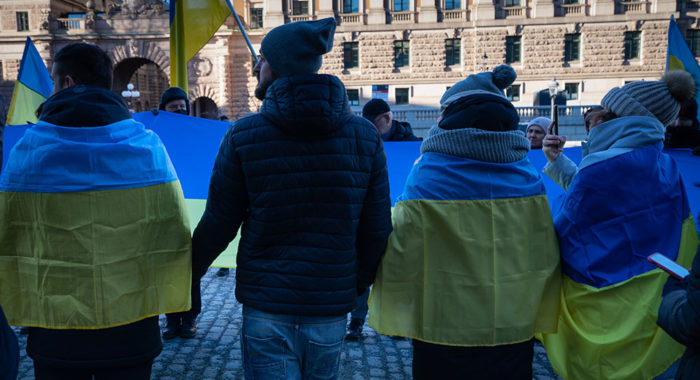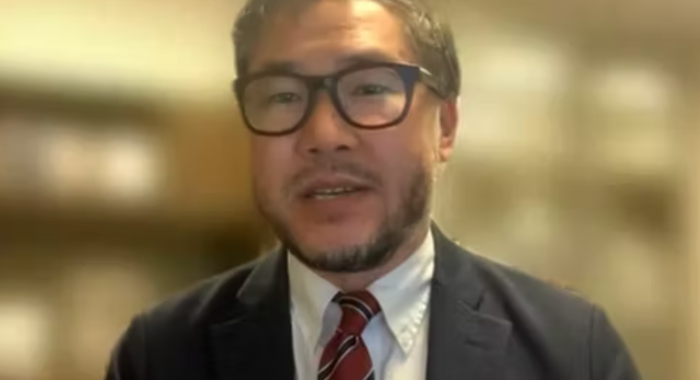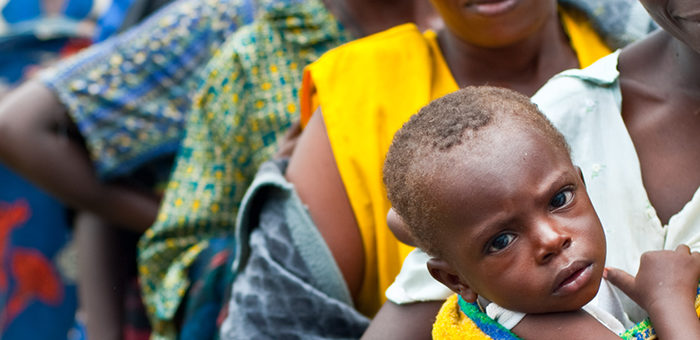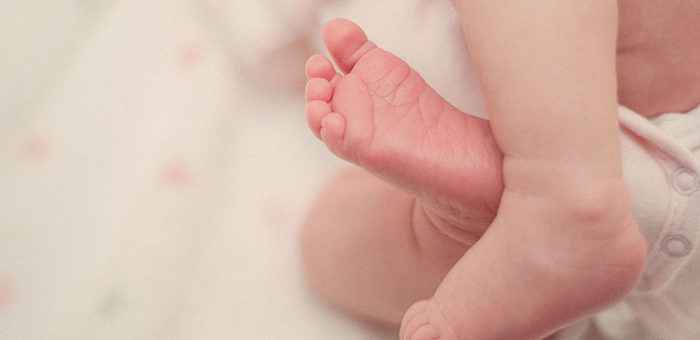I stumbled over jagged rocks in the empty riverbed, running blindly. Men surrounded me, assembling from hilltops with guns raised and voices echoing through the canyon chambers.
It was 1974 when I was taken hostage by a liberation front seeking independence for Eritrea on the horn of Africa. What my captors didn’t know as they forced me to run for miles is that I was four months pregnant. My co-nurse and friend, Anna, was killed during that race.
This was the year right after Roe v. Wade was passed. As a young nursing student, I had refused to assist with abortions. I believe each life is precious, created by God in his image to bring glory to him. I did not want to rob God of his glory reflected in each individual he made.
A Pregnant Hostage
I wrestled with God as a pregnant hostage. My understanding of the treasure of life was harshly challenged by political wrangling for ransom. Should life ever be reduced to financial terms and the right to take life be justified by a nation or individual’s aspirations? I came to realize that a nation, an army, and even one person had the power and control to promote or end my life and the life of my unborn child.
During the 26 days of captivity, I lived near a village of Tigre people. I watched the Tigre women and children build their huts out of sticks. Their husbands were nowhere around. I imagined none of them had maternal care or the opportunity to deliver their babies in a medical clinic. For a brief time, I identified with their realities as a pregnant woman concerned for her own life and the life of her child.
This now distant experience shaped everything to come in my life. I no longer saw the value of life as a mere statement but as an intricate web of relationships, context, opportunities, environment, and yes, economic resources.
These women demonstrated the meaning of community, care and commitment. I watched them assist one another in building their homes. I saw them support their children cradled on their backs, and I witnessed their commitment to overcome an unyielding environment with little water, no gardens, a few goats for milk and meat to care for the lives of their children. I also saw a woman, hovering in the distance. She was always alone. Did she have a disability, was she mentally challenged or mentally ill, or barren and therefore stigmatized?
Knowledge for Life
The women did not know what I knew. That the thousand days between the moment of conception through pregnancy, birth and a child’s first two years of life are the most critical nutritional period in life. This period determines the health of the child for the rest of their lives.
I wondered if those mothers ever got to eat the iron-rich meat of a goat. More likely, those portions went to the men, more valued than women. Perhaps a small amount would be saved for the children and left-over soup of bones and body parts given to the women.
I did not know what the women knew. How to conserve water in a parched land. How to gather firewood, so the environment was still protected for future tree growth and a future resource.
The Marvel of Life
During those desperate days, shielded from the political negotiations about the value of my life, I witnessed the marvel of life — however simple, however unseen, however understood. The evidences of that marvel shrouded the experience with hope.
I felt my son scramble around in my womb for the first time. The women who had nothing, offered me everything as they included me in the merrymaking of building a home. The family of baboons and the iridescent crest of a lizard perched on the rock next to where I prayed often reminded me of God’s creation, protection and presence.
God tells us in Isaiah that he formed us in the womb and will help us accomplish the plans he has for us throughout life. This divine, personalized plan for each of us means we do not need to fear — even when caught in the captivity of life’s pains and suffering and uncertainty. Isaiah 44:2 says, “Thus says the Lord who made you, who formed you from the womb and will help you. Fear not.”
Lessons Learned
As I reflect back, now 46 years since abortion was legalized in United States, the lessons I learned from the Tigre women are even more relevant today.
Each life is a treasure from God and to God for his glory. All women — whether single, married, with children or without — are deeply valued. God has a fulfilling plan for each one. No one is left out of God’s community — not the stigmatized, disabled or mentally ill.
The privilege of co-creating with God entreats us to care for this privilege through improved nutrition, healthy timing and spacing of children, maternal care, and support for a child’s well-being from conception throughout life. This starts even before conception with promoting a girl’s value as equal to boys and strongly advocating for equal opportunities and protection from violence for girls and women.
As Christ’s community, let us continue building homes where each member is treasured and supported. Let us search and find those on the margins who need to be embraced and included. Let us nurture the smallest and weakest among us with lifelong help and hope from our Lord and Savior, Jesus Christ.
This article originally appeared in Evangelicals magazine.
Debbie Dortzbach has worked with World Relief since 1997, where she currently serves as senior technical adviser. She has more than 20 years of experience in HIV/AIDS program development and leadership in Africa, Asia and the Caribbean and resided 24 years in Kenya and one year in Eritrea. She is co-author of four books: “The AIDS Crisis: What We Can Do,” “The Mother Child Project,” “Integrating Faith and Healthcare: Shalom and the Mission Health Movement” and “Kidnapped.” She holds a bachelor’s degree in nursing from Columbia University and a master’s degree in public health from Emory University.




 View All Articles
View All Articles 


